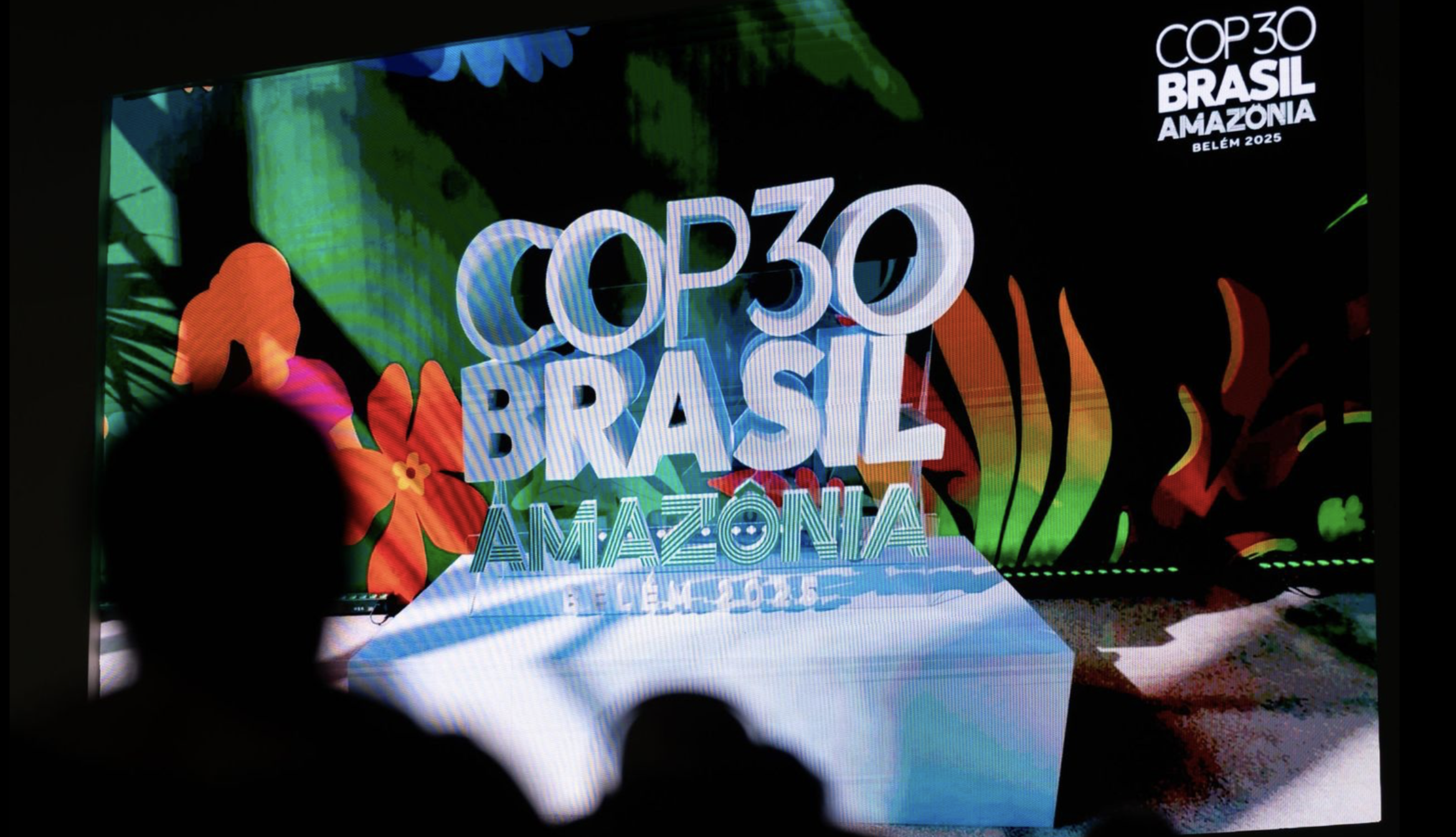Aker QRILL Company and Aker BioMarine are participating in the UN Climate Change Conference (COP30) in Belém, Brazil this week, continuing the initiative to advance marine protected areas in Antarctica. The ocean-focused programming at COP30 provides a essential platform for sustained engagement on Antarctic conservation.
Building on momentum from UNOC3 to CCAMLR
The companies' advocacy began formally at the UN Ocean Conference (UNOC3) in Nice in June 2025, where they announced support for the Argentina-Chile Marine Protected Area proposal. The proposal seeks permanent protection for 455,957 km² of the Antarctic Peninsula – representing nearly 70% of the region where Aker QRILL Company currently operates.
Following the Nice launch, the initiative has maintained consistent diplomatic engagement across multiple international forums. In May and September 2025, company leadership conducted direct meetings with Chinese government officials, scientists, and industry stakeholders in Beijing to build consensus around science-based Antarctic conservation. This was followed by participation in the Clinton Global Initiative in New York, where ocean protection and cross-sector collaboration remained central themes.
Most recently, at the October 2025 CCAMLR meeting in Hobart, discussions on the MPA proposal continued among the commission's 27 member nations. While formal agreement was not reached, the meeting advanced diplomatic dialogue on pathways forward for both marine protection and sustainable fishery management in Antarctic waters.

Why COP30 matters now
Aker QRILL Company and Aker BioMarine view COP30 as essential to maintaining continuity in Antarctic conservation efforts. The conference's robust ocean program creates opportunities to strengthen relationships with governments, scientific institutions, and civil society organizations that share Antarctic protection objectives.
The companies believe progress on complex multilateral agreements requires sustained engagement beyond formal negotiating sessions. COP30 provides these opportunities for informal dialogue that can build the trust and alignment necessary for eventual CCAMLR consensus.
Industry-led conservation model
The Antarctic Peninsula MPA represents an unprecedented industry position. Aker QRILL Company has voluntarily closed 74,000 km² of fishing areas near penguin colonies since 2019, demonstrating concrete conservation action that has influenced CCAMLR policy development.
The company operates in one of the world's most precautionary fisheries, harvesting less than 1% of the estimated 63 million metric tons of krill biomass under strict CCAMLR management. The MPA proposal combines permanent area closures with science-based quota management, offering a framework where conservation and sustainable harvesting advance together rather than in opposition.
Looking toward 2026
As CCAMLR prepares for intersessional work beginning in 2026, Aker QRILL Company continues building diplomatic groundwork across key stakeholder groups. The company's participation at COP30 reflects a long-term commitment to multilateral ocean governance and the conviction that industry can play a constructive role in advancing ambitious conservation outcomes.
The proposed Antarctic Peninsula MPA, if agreed, would become one of the largest marine protected areas globally and contribute significantly to the UN's 30x30 ocean protection target, expanding Antarctic marine protection to 12% compared to 2.3% protection globally.
- Read more about COP: https://cop30.br/en/about-cop30
- Read about the proposal for new Marine Portected Areas in Antarctica
